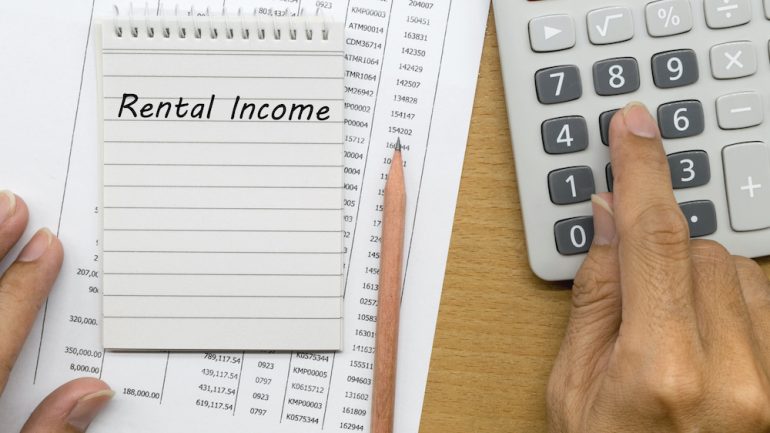For many Americans, owning investment real estate is a steady path to financial security. Renting out your investment property means positive cash flow, and you can use those rental payments to build your equity in the home. But along with these benefits comes responsibility for reporting income and expenses to the Internal Revenue Service. Let’s take a look at your obligations.
Accounting methods
The IRS requirements for reporting investment property income and expenses depend on the accounting method you use. Some investors choose the accrual method. This records income and expenses in the year in which they are incurred, even if the income is not received or the expense paid in that year. The other approach is the cash reporting method, which reports income and expenses within the year they are received or paid. Most investors operate on a cash reporting basis, and the following instructions apply to that method.
Reporting rental income
The IRS requires you to report all rent received from your investment property in the year in which you receive it. This includes rent you receive in advance of when it is owed. If you share ownership of investment property, you must report the portion of the rental income that is yours as your income.
If you will be returning a security deposit to your tenant at the end of his lease, this money is not reportable as income. But if you retain part of a deposit because the tenant violated his lease’s terms, you must report that portion as income in the year in which you kept it. If the lease’s terms stipulate that the security deposit will be applied as the last rental payment due, the IRS requires you to report the deposit as income in the year you receive it.
If your tenant pays any expenses for you which are not part of the rental agreement, the IRS considers this income you must report. If the payment is a deductible expense, you can write it off against your income from the investment property.
Services your tenant performs for you instead of making a cash rent payment should be recorded as income equal to what the rent payment would have been. For example, if your tenant is a construction contractor who does work on your investment property in lieu of three months’ rent, you should report three months of rental income.
Reporting expenses
The costs associated with your purchase of an investment property are added to your cash basis in the home. These amounts are deductible through annual depreciation. The same is true for the cost of work to improve the property. These improvements must meet certain IRS requirements.
The IRS allows you to deduct “ordinary and necessary” expenses that you incur in managing, conserving and maintaining your rental property. These must be deducted in the year you pay them. Such expenses include interest, taxes, advertising, maintenance, utilities and insurance. Expenditures intended to keep your property in good operating condition — materials, supplies, repairs and maintenance — are also deductible in the year you pay them. You may also deduct expenses for travel in conjunction with rental property repairs.
Keep good records for your investment property
Document every source of income and expense regarding your investment property. You must keep lease contracts, accounts receivable records, canceled checks, repair invoices and others to substantiate your tax return. Failure to maintain good records could result in additional taxes and penalties if you are audited.
Consult IRS Publication 527 for more details on owning residential real estate. It is also advisable to hire a tax consultant to prepare your tax return.
Related – Should You Manage Your Rental Or Leave It to the Pros?


